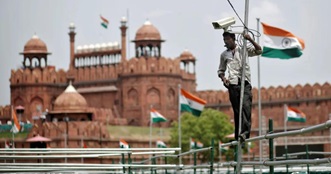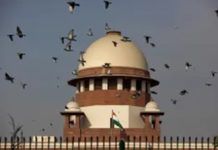One evening in December on a desolate backstreet in Indore, robbers held up a motorcyclist, threatened him at knifepoint and made off with the takings he was carrying to his boss. Solving such crimes is often tricky, but with the help of footage from private CCTV cameras in the area, police were able to track down the culprits and recover the stolen Rs 1 million within hours.
They used Citizen Eye, a feature on the mobile app CitizenCOP that allows city residents who have CCTV cameras watching over their homes or businesses to give police access to the footage to help solve crimes.
The app, developed by the CitizenCOP Foundation, is in use in Madhya Pradesh state where Indore is located, as well as the states of Chhattisgarh, Uttar Pradesh and Maharashtra, and several cities. In Indore alone, it gives police access to about 1 lakh CCTV cameras, said the city’s police commissioner, Harinarayanachari Mishra.
“CCTV camera footage is very important in solving crimes, but there are many areas where there are no public CCTVs, which means it takes much longer for police to investigate crimes and apprehend criminals,” Mishra said, hailing the app’s role in solving the street robbery. “This incident was one of the biggest, quickest crackdowns, and it was possible because of this app,” he said.
Across India, authorities are deploying technologies such as CCTV cameras and facial recognition systems that they say are needed to bolster security in a severely under-policed country to prevent crime, and find missing children and stolen goods.
An app such as CitizenCop is more evidence of how police are expanding their surveillance reach by tapping into private security systems, said Anushka Jain, an associate counsel at Internet Freedom Foundation, a digital rights group in Delhi. But she warned that there are few legal protections – either for the people sharing their security data or those targeted.
“There’s nothing stopping people from voluntarily giving their CCTV footage to the police. But there’s no law governing how the police collect data, who can access it and how it’s protected,” she said.








